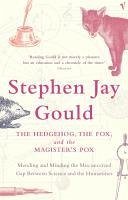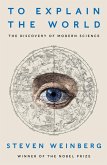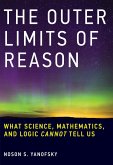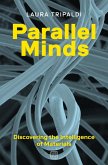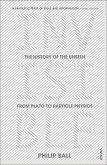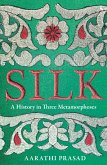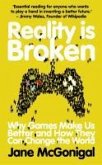In characteristic form, Gould weaves the ideas of some of Western society's greatest thinkers, from Bacon to Galileo to E. O. Wilson, with the uncelebrated ideas of lesser-known yet pivotal intellectuals. He uses their ides to undo an assumption born in the seventeenth century and continuing to this day, that science and the humanities stand in opposition. Gould uses the metaphor of the hedgehog - who goes after one thing at a measured pace, systematically investigating all; the fox - skilled at many things, intuitive and fast; and the magister's pox - a censure from the Catholic Church involved in Galileo's downfall: to illustrate the different ways of responding to knowledge - in a scientific, humanistic or fearful way. He argues that in fact each would benefit by borrowing from the other.
Dieser Download kann aus rechtlichen Gründen nur mit Rechnungsadresse in A, B, BG, CY, CZ, D, DK, EW, E, FIN, F, GR, HR, H, IRL, I, LT, L, LR, M, NL, PL, P, R, S, SLO, SK ausgeliefert werden.

